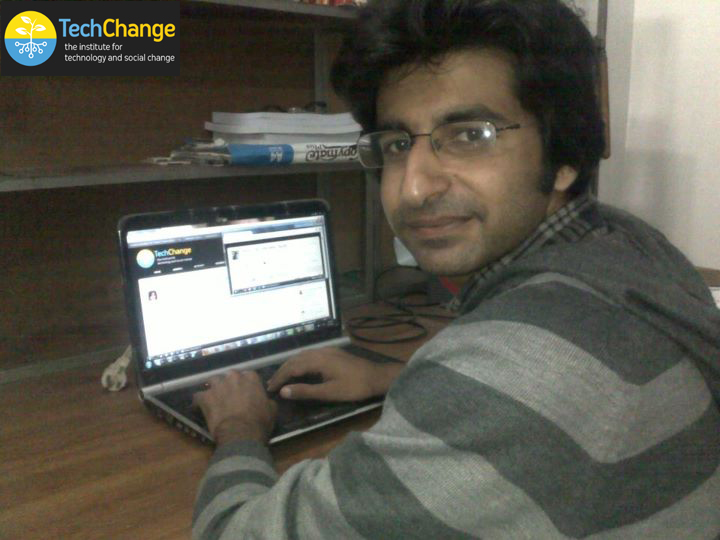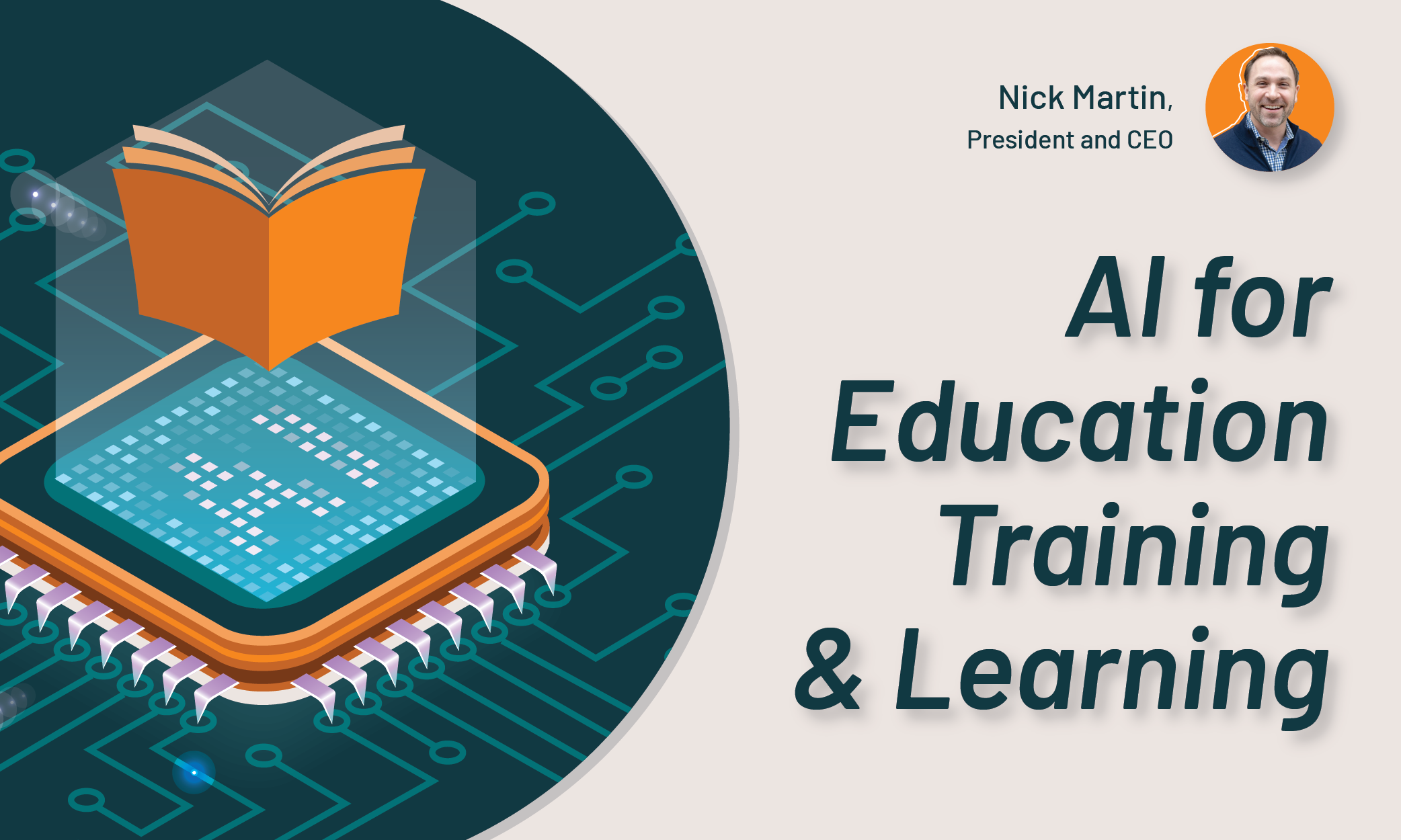By Gerard McCarthy and Christopher Neu
Please note that this post pertains to a customized course developed with IREX for alumni of the Global Undergraduate Exchange Program in Pakistan, a program of the Bureau of Educational and Cultural Affairs, US Department of State (administered by IREX).
If you’re interested in learning online with TechChange, check out Global Innovations for Digital Organizing. Class starts on May 14!
Last month we discovered that our enthusiasm about exchange 2.0 was exceeded only by that of our international exchange students in Pakistan. A select group of forty students, all alumni of the Global UGRAD-Pakistan program, shattered every quantifiable participation record at TechChange for online learning. One student received over a thousand Tech Points (equivalent to nearly 500 posts/replies) for participation, while another student wrote a first draft of their final blog post project on the second day of class. As we mailed out the completion certificates to cities including Lahore, Islamabad and Abbottabad, we wanted to share some thoughts on how online courses like ours can be used to engage with the alumni of exchange programs in the future.
So, in no particular order, here’s four key lessons we’ve learned that might be useful for anyone thinking about using an online course to reach out to international exchange alumni networks.
1.Encourage social learning: Come for the class, stay for the community
On the first day of class, we divided the forty students into four smaller moderated groups of 8-10 students. On the second day of class, the students created their own alumni groups so that they could reconnect with their friends in the Global UGRAD program. This was a surprise for us (as we usually disable this function), but it was also an opportunity for the students to make our platform their own. Instead of closing down on these unauthorized groups, we decided to fork their purposes: “Official” groups would be moderated to advance class discussions and work on projects, while the unofficial alumni groups could be used for off-topic interactions. The decision paid off and we were lucky since the students created their own space for conversation. Next time, we’ll actually plan on letting students create their own groups.
2. Implement collaborative projects: Learn together, work together
As fun as it was to let the students chat among themselves in their alumni years, we didn’t want them to only talk with other students they already knew. The best way we found to stretch the social experience is to give them something to do. So, each week we came up with an exercise:
- Week 1: Students selected health-based questions (specifically on malaria) to be asked in the Democratic Republic of Congo (DRC) by GeoPoll, a new text-message based survey tool that allows large-scale polling in hard-to-reach places including Afghanistan and Tunisia.
- Week 2: PEPL created a custom deployment of FrontlineSMS in Pakistan to demonstrate how their mobile polling and metrics and evaluation tools worked.
- Week 3: We received real results from the DRC from GeoPoll, and split the students into teams to verify and map hundreds of reports in a customized Crowdmap using Ushahidi technology.
3. Be aware of local context, but maintain an international focus
Working in Pakistan, we dealt with a gamut of issues: low/sporadic bandwidth, frequent power outages due to load shedding, and other issues which required flexibility and creativity. However, the most important consideration wasn’t the technical, but the social: Based in DC, we had little idea as to what programming in Pakistan is really like. So we quickly reached out to local partners to talk about how they were applying online tools to their work for local challenges, including Khudi who work on counter-radicalization and Pakistan Youth Alliance’s work on aid delivery during floods. However, we also wanted to keep an international focus, and one of the most popular guest experts was from Sri Lanka Unites, where students discovered that their challenges for building a nation and need for an offline strategy are shared around the world.
4. Make it last:
Students taking a four-week online course often are only getting settled in by the end of the first week when they realize that the class is nearly over. That’s why we keep our classes up and site open for three months after the class has concluded. We knew we were onto something when the students’ anguish over losing this opportunity to reconnect was uplifted by the realization that the conversations and collaboration doesn’t have to end when the class does. They’re already online and leaving with a new suite of tools to work together–what more could an educator ask?
In the end, the best way to make the experience last isn’t just to keep a site open, but to continue thinking critically about the best way to integrate online platforms with in-person international exchanges.
To quote our favorite USIP Special Report on Exchange 2.0, we need to make sure international exchange programs:
“Embed the virtues of exchange with ongoing contact. Sponsored exchanges can leverage the investment by enabling participants to remain engaged, continue to enhance their language abilities and cultural understanding, and share their experiences with a broader audience.”
Following this lead we’ve designed our online courses to be platforms for extended social and collaborative learning- and it’s resulted in unprecedented levels of student participation.
We’re sure our four lessons are not comprehensive though, so we’d like to hear from you about effective approaches to online learning and student exchange! Feel free to comment below and we’ll check in regularly. In the meantime, we’ve copied in below some of the course feedback from the Pakistani students. Over to you!
What Our Students Are Saying:
- It is a great course, and you will understand the basic purpose and benefits of social media and how to use them to have a great outcome of it.
- My expectations for the course were beyond imagination. I was able to learn the use of tools that can be applied in times of disaster, when one wants to help his fellows. and the tools and ways of communications that were different from my field
- I would highly recommend my colleagues to learn and experience the beauty of online learning
- I think I would highly recommend this course to all my friends who are running their NGOss or wish to work on welfare projects. It provides us a platform to learn from people who are serving their societies using modern technologies and innovations. Specifically I have learnt how a simple thing like text message can be so useful in collecting data and reaching out to people and revealing the truth.
- If you feel helpless that you can’t help people at the time of disaster then u should take this course because after completing this course you will learn quiet much stuff and you will be everywhere, while at home, to help people in trouble 🙂
- This was first online course and was very good experience. I gained very much useful information. I would recommend my colleagues to take this course as this is very effective in our daily global networking.
- If one wants to be successful in 21st century .. or really want to be accepted by the fast paced,post modern 21st century .. Then one should make sure to attend this course .. so that he or she will become pro of modern technology,innovations & communication tools. The Ultimate Course of 21st century!!
- Before taking this online course, I could never imagine how effective and engaging an online course can be!
- It is simply the height of innovation – come and experience the uniqueness of this virtual classroom!
- This was a great opportunity for us to learn different issues about social media and communication with the people of different locations. I would say that I have learned how can we make development, how can we work with organizations and how can we use our abilities in a good way… Rob and Stephanie explained different issues very well and i can say that if i started the project about community development that i have to, i wont have any problem and i will be able to overcome the problems correctly…
- It is worth-taking if you really want to explore the communication world, the ways that you would never had imagined!
- If you want to learn more in short time just go for TechChange
- The course is structured in a very learner-friendly style and the moderators are always there to guide you.


